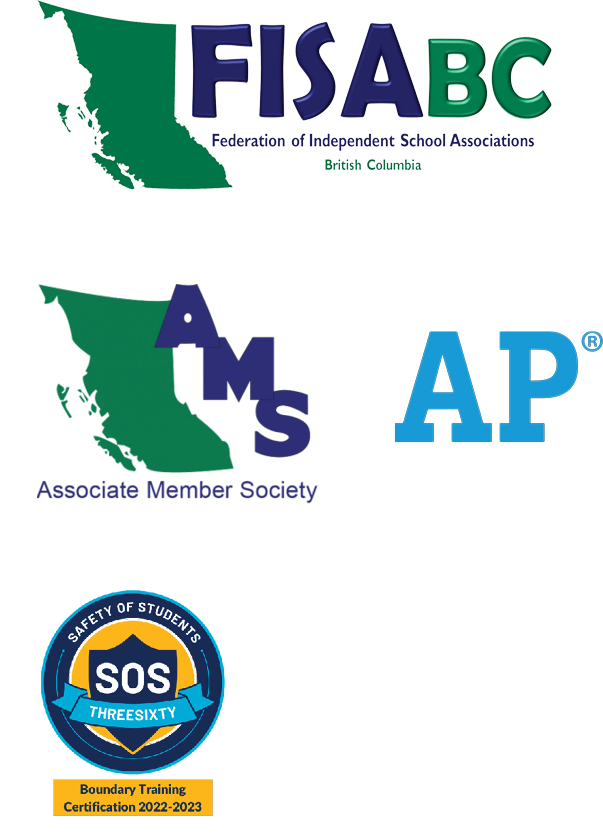INQUIRY-BASED LEARNING (IBL) VERSUS CHALLENGE BASED LEARNING (CBL)
While Inquiry-Based Learning (IBL) and Challenge Based Learning (CBL) share some similarities in their student-centered and active learning approaches, there are distinct differences between the two.
HERE’S A SUMMARY OF THE KEY DIFFERENCES:
IBL
CBL
Focus
Origin of Questions
Process and Structure
Interdisciplinary Approach
Assessment
IBL
Inquiry-Based Learning centers around the process of asking questions, investigating topics of interest, and constructing knowledge through research and exploration. The emphasis is on developing inquiry skills and deepening understanding.
CBL
Challenge Based Learning focuses on addressing real-world challenges or problems. Students identify meaningful challenges, collaborate to develop solutions, and apply their learning in practical contexts. The emphasis is on problem-solving, collaboration, and the application of knowledge.
IBL
In Inquiry-Based Learning, students generate their own questions based on their interests or curiosities. The questions often arise from their observations, experiences, or gaps in their understanding.CBL
In Challenge Based Learning, the questions or challenges typically come from real-world issues or problems that students identify as meaningful and relevant. The challenges may be local or global in nature and require students to investigate, analyze, and propose solutions.IBL
Inquiry-Based Learning is an open-ended process that allows students to explore topics at their own pace and in their own direction. It often follows a cyclical process of questioning, researching, investigating, and reflecting.CBL
Challenge Based Learning follows a structured process that includes steps such as identifying a challenge, researching and analyzing information, brainstorming and prototyping solutions, implementing the solution, and reflecting on the process and outcomes.IBL
While Inquiry-Based Learning can involve interdisciplinary learning, it does not necessarily require it. Students may focus on exploring a specific subject area or topic of interest.CBL
Challenge Based Learning encourages interdisciplinary collaboration. Students from different subject areas come together to address the challenge, integrating their knowledge and skills to develop comprehensive solutions.IBL
Assessment in Inquiry-Based Learning often focuses on the process of inquiry, critical thinking, and reflection. Students may be assessed based on their ability to ask meaningful questions, conduct research, analyze information, and communicate their findings effectively.CBL
Assessment in Challenge Based Learning typically evaluates the students’ ability to identify and define challenges, research and analyze information, collaborate effectively, develop innovative solutions, and implement them in real-world contexts.
MORE QUESTIONS?
GET IN TOUCH WITH PENNY DUNDAS
If you have more questions, you can schedule a 15 minute call with Penny Dundas or book a School Tour to learn more about our school and find out if Alcuin is the right fit for your child.

ADDRESS


